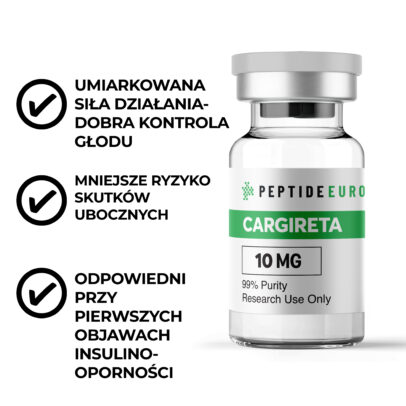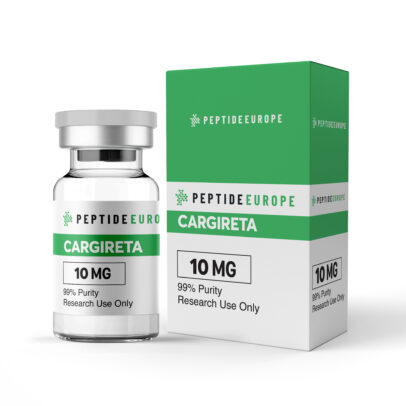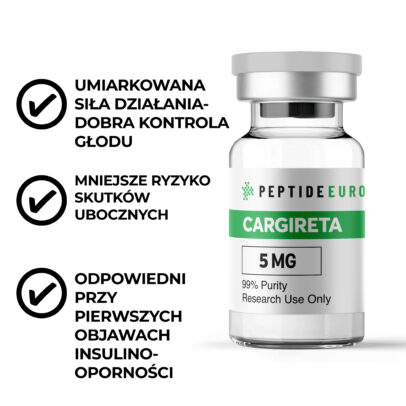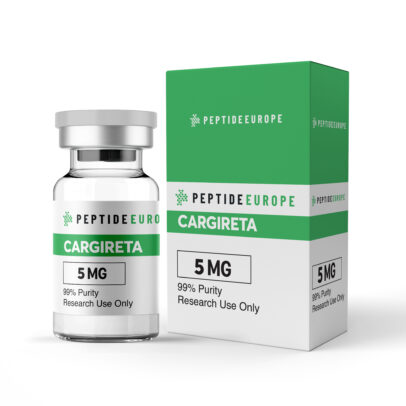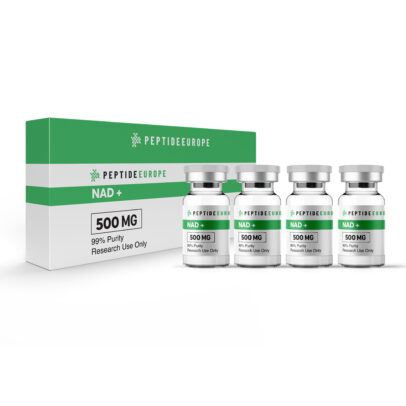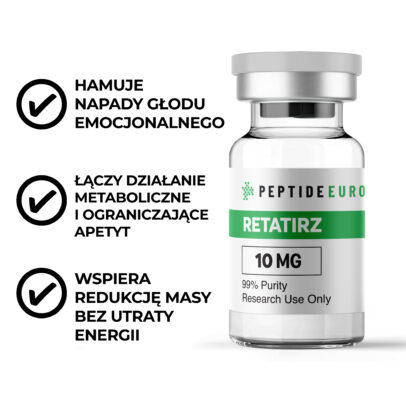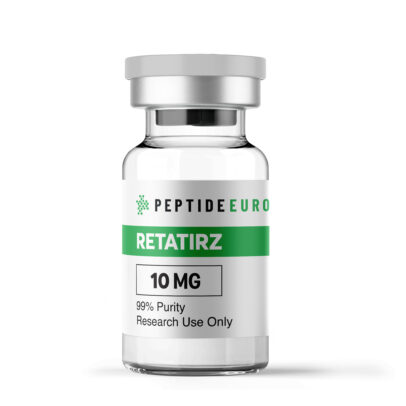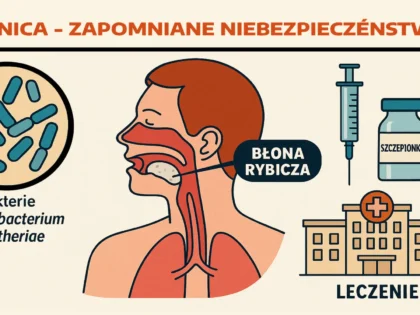Understanding MCH (Mean Corpuscular Hemoglobin): Why It's Important to Your Health and How Peptides Can Help
-
PepEurope
- Posted on
- 0 comments

Learn all about MCH (Mean Corpuscular Hemoglobin), what it means, causes of abnormal levels, solutions, and how peptides can naturally support the health of your blood.
When it comes to understanding the health of your blood, one of the terms that often comes up in a complete blood count (CBC) is MCH, or Mean Red Blood Cell Hemoglobin Content. But what does that really mean, why should you care, and how can something like peptides play a role in improving your well-being? We explain it in simple terms.
What is Mean Corpuscular Hemoglobin?
MCH (Mean Corpuscular Hemoglobin) refers to the average amount of hemoglobin present in each red blood cell. Hemoglobin is a vital protein that carries oxygen from your lungs to every cell in your body. Without enough hemoglobin, your body has a hard time delivering oxygen — and that’s when problems like fatigue, weakness, and even anemia begin to appear.
The normal range of MCH for adults is typically 27 to 33 picograms (pg) per cell. Values outside this range may indicate underlying health problems that require attention.
MONTHLY SET NAD + -> Energy and Vitality Boost
Why is MCH important?
MCH provides medical professionals with important information about the health of red blood cells and the body’s ability to transport oxygen efficiently. Low or high MCH values are not diagnostic in themselves, but they are a clue — helping doctors investigate conditions such as:
✅ Iron deficiency anemia
✅ Deficiency Vitamin B12 or folic acid
✅ Thyroid problems
✅ Chronic diseases or inflammatory conditions
Low MCH means less hemoglobin and limited oxygen transport, while high MCH may signal enlarged red blood cells trying to compensate.
How is MCH measured?
Measuring MCH is easy. It's part of a blood count (CBC - Complete Blood Count) . A small blood sample is taken and analyzed by automated machines in the laboratory. You do not need to do any special preparation unless your doctor advises fasting if other tests are being done along with the blood count.
Example of abnormal MCH level
Let's say someone is constantly feeling tired, weak, and pale. Their blood count shows low MCH (Mean Corpuscular Hemoglobin). This often indicates iron deficiency anemia, where the body doesn't have enough iron to produce hemoglobin. On the other hand, a high MCH can suggest a vitamin B12 deficiency, which leads to enlarged red blood cells filled with excess hemoglobin.
MONTHLY SET NAD + -> Energy and Vitality Boost
Solution: How to improve MCH level?
Improving MCH depends on the cause, but here are some common solutions:
Iron supplementation or a diet rich in iron in case of low MCH caused by iron deficiency.
Vitamin B12 and folic acid supplements for increased MCH due to vitamin deficiency.
Lifestyle changes such as a balanced diet, hydration and regular check-ups.
How Peptides Support Blood Health and MCH Levels
This is where peptides come in. These short chains of amino acids are known to promote cell regeneration and healthy body functions. Some peptides can help:
✅ Improve oxygen utilization
✅ Support red blood cell production
✅ Increase nutrient absorption
✅ Boost overall energy and vitality
For example, peptides that stimulate erythropoiesis (red blood cell production) may indirectly contribute to balanced MCH levels and healthier blood.
Side effects of abnormal MCH levels
Ignoring an abnormal MCH (Mean Corpuscular Hemoglobin) result can lead to:
- Severe anemia
- Fatigue and shortness of breath
- Cardiac complications in extreme cases
- Cognitive problems due to limited oxygen supply to the brain
MONTHLY SET NAD + -> Energy and Vitality Boost
The good sides of MCH monitoring
- Early detection of potential health problems
- Better understanding of nutritional needs
- More effective treatment planning
- Insight into overall blood health and oxygen flow
Regular MCH testing combined with health-supporting peptide therapy can help maintain optimal health.
When should you check Mean Corpuscular Hemoglobin?
It is worth monitoring your MCH levels if you notice symptoms such as:
- Tiredness
- Frequent headaches
- Pale skin
- Weakness
- Shortness of breath
Routine check-ups or symptoms of anemia should prompt a complete blood count with MCH analysis.
A few words more about MCH
MCH is just one part of a blood count, but it works with other markers like MCV (Mean Cell Volume) and MCHC (Mean Cell Hemoglobin Concentration) to give you a complete picture of your blood health. It’s like a piece of a puzzle—small but crucial.
While peptides won't directly change your MCH levels overnight, incorporating them into your daily health routine can support better nutrient absorption and red blood cell function in the long term, which can help keep your MCH within your ideal range.
MONTHLY SET NAD + -> Energy and Vitality Boost
Conclusion: Take your blood health into your own hands
MCH levels are more than just numbers—they’re a window into your body’s ability to deliver oxygen to where it’s needed. Low or high MCH (Mean Corpuscular Hemoglobin) can be a sign of deficiencies in important nutrients like iron or vitamin B12.
The good news? Solutions are within reach. From dietary changes and supplementation to incorporating peptides into your daily routine for better cellular health, there are many ways to support your body.
At PepEurope Ltd we believe in a holistic approach to health - that's why we offer high quality peptidesthat will help you stay full of energy, health and vitality.
✅ Be aware. Take care of your health. Discover our peptide collection today and give your body the support it deserves.



